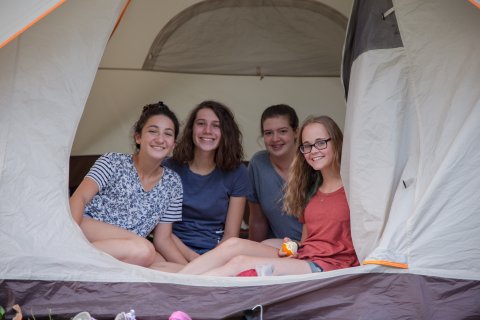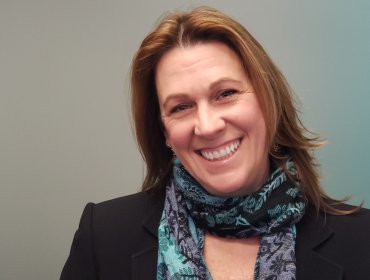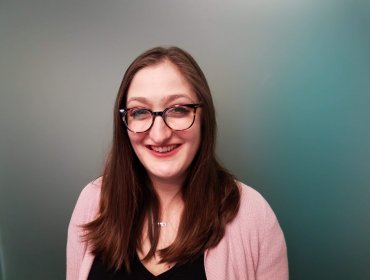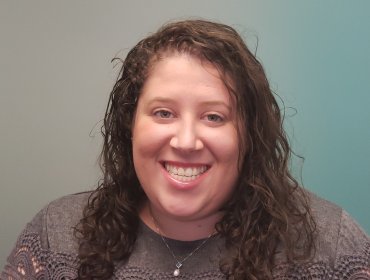Five Lesson Plans to Use At Jewish Camp

Above: Campers at Eden Village Camp. Courtesy of Eden Village Camp.
The days are long, the weather is finally warm, and school is out: it’s time for camp. The staff of The Jewish Education Project loves camp. We have worked at Jewish day camps, Jewish overnight camps, theater camps, and early childhood camps. Our staff have worked as Jewish educators, arts educators, bunk counselors, and unit heads. To celebrate the start of camp season, we pulled together a list of our staff's favorite camp lesson plans and activities. Here’s to a great summer/kayitz 2019! (And don't forget it's never to early to start thinking about Summer 2020.)
FINDYOURSUMMER.ORG - LEARN MORE
Advocacy Project
Malka Fleischmann, Director of Knowledge and Ideas and former Rosh Moshava (Head of Staff and Programming), Camp Stone

When I worked as the Director of Machal, a wilderness-based leadership training program, we felt that the best cap to our Jewish identity tour, which culminated in a visit to the United States Holocaust Memorial Museum, would be an advocacy project. We wanted the kids to know that they have agency and a responsibility and opportunity to respond to the world's hardships and problems. After teaching them, over the course of two days, about the global oil crisis, we let them walk around the national mall (in supervised groups, of course!), engaging passersby in discussion about the various ways in which they could live more energy-efficient lives. The kids collected pledges from their conversation partners, promising to make all sorts of environmentally conscious adjustments, such as walking to work once a week, joining a carpool, taking up biking, etc. Five years after the conclusion of that summer program, I surveyed our campers and asked what the most memorable aspect of the program had been. By and large, they said that this was the most empowered moment of their young adult lives. Mission accomplished!
Outdoor Education
Shariee Calderone, Sr. Education Consultant, Early Childhood and Family Engagement

When young children (preschool age) head outdoors, especially during the summer months at camp, a whole new world of possibilities opens for them. Teachers are often more relaxed and more open to offering activities that aren’t the norm during the year. Young children thrive in this environment - when exploration, wonder, and even fantasy play are encouraged and supported. I particularly like activities that unfold over time and let the children take the play in new directions. One way to do this is to start by introducing open-ended play objects in creative or underutilized spaces. If you have nook that’s rarely used, bring boulders (small to you – big for them) and boards or sticks there. Invite the play by offering a pathway of cardboard cutouts, carpet squares, or rubber circles from one of the main areas. Once the children are drawn there they’ll manipulate the materials in a way that supports their own curiosities. Your job is to be observant. As the play begins to wane (this could be after a few days or between a morning and an afternoon) offer new materials such as discarded flowers from a bouquet, little people, or stuffed animals. The children will use these items to engage in storytelling and artistic expression which will help children develop language, empathy, and even a strong connection to their environment. Don’t be surprised if the children start looking for additional things to help them build and expand their story. This is when the fun really begins!
Mindfulness Activity for Teens
Josh Schwartz, Administrative Associate, Jewish Education and Engagement and former Rosh Aydah at Camp Yavneh

In the summer of 2018, I was the Rosh Aydah (unit head) of Camp Yavneh’s summer leadership program, Kerem. At sixteen, my campers sought deeper meaning in their summer camp experience, and my staff and I turned our programming towards introspection and vulnerability to capitalize on their budding sensibility. One night a week, we paired campers off and sent them out to wander around underneath the spangled stars with a printed list of personal questions that increased in intensity. The list might start with “Describe your room at home,” and end with, “What is one of your deepest insecurities?” We created pairs intentionally, using the structured bonding to break down social cliques, quicken nascent friendships, and enable quiet campers to feel seen. The walking pairs became a weekly ritual, something my campers relied on to help unify their aydah, unit, and ultimately a way for them to understand and formalize their own ideas as they explored the creation of their identities.
Camp Ice Breakers
Helena Raffel, Administrative Associate, Jewish Education and Engagement

Sneaky Statues was one of my favorite games to play when I worked as a teacher at a theater camp. In Sneaky Statues, one player is the night guard. The night guard turns around at the beginning of the game to allow all the other players to freeze into poses and become “statues.” The goal of the statues is to change poses without the night guard seeing them. If the night guard sees a statue move, that player is out. A player can win the game by being the last statue standing. This game is great with campers ages 6-12 and can be played in any camp setting.
STEAM Learning
Monica Brandwein, Educational Technology Consultant, DigitalJLearning

The past 6 summers I have worked with staff and campers at the 92Y as a head counselor and programming director to come up with new ways to infuse STEAM learning in the camp setting. STEAM learning can easily happen naturally within the camp day. Have campers check their heart rates before and after a sports activity to see the difference. During a cooking activity, explore the five senses. Take a walk on your campgrounds and observe the different types of plants and animals that live at camp. These are all easy ways to challenge your campers to think about STEAM within the camp day. Some of my favorite STEAM activities include introducing a STEAM Fact Of The Day during our morning bus ride and engineering ice breakers. STEAM lesson plans are great for when you need a “back up” lesson for rainy days and emergency situations.
Learn more about the 400 plus Jewish summer programs open to Jewish teens at FindYourSummer.org


